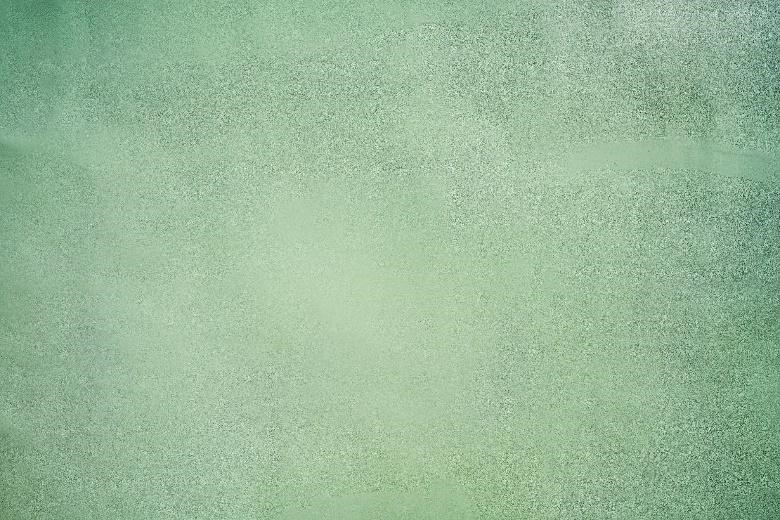
Why Does Paint Fade?
Paint fading is a common issue that both homeowners and commercial property owners may encounter. To prevent this problem from occurring, it’s important to understand why paint fades over time.
How to repaint a faded wall
Watching the colours of your walls fade is disheartening, given the time and effort it took to paint the wall in the first place.
Repainting faded walls may be the best and most economical way to give your home a makeover.
Here we will share with you some reasons why walls fade, and give some practical and economical solutions to repaint and brighten your home.
1. Direct exposure to sunlight
Walls that are more exposed to the sunlight tend to turn dull faster because the UV rays break the chemical bonds in the paint and absorb the colour from them.
Solution!
- Shades of colours react differently to sunlight. Darker hues absorb more heat and are more susceptible to fading. So, consider lighter colours for walls that are more exposed to the sun. These colours will fade less and last longer.
- Solar window films are another way to protect your painted walls from direct sunlight. A good window film can block anywhere up to 90% of UV rays.
2. Poor preparation
A mistake that inexperienced painters make is not priming their walls before painting. The old colour bleeds through the new paint, which leads to dull-looking walls. This problem can be more severe if the old paint is of a darker shade.
Solution!
- Choose a quality paint that is more solar-resistant.
- When repainting a lighter colour over a darker colour use a primer paint for the first coat. The primer will act as an adhesive and prevent the darker colour bleeding through the lighter colour.
- Use applicators, such as quality nap roller covers, that carry more paint on walls and disburse paint evenly without leaving small fibres on walls. This will give your walls a long-lasting finish.
3.Dirt and pollution
Dust and dirt particles and pollution can, over time, cause walls to look dull and faded. It’s nice to have open and airy rooms, but they are more prone to dust.
Solution!
- Clean walls using a soft brush or broom head to remove dust, followed by washing walls with sugar soap, before painting.
Was this tip helpful? Like us on Facebook!
4. Mind the local weather
Your local weather conditions can also be a leading cause of dull and fading walls. Excessive sunlight, humidity, dryness, or even rainfall can have ill effects on wall paint.
How to deal with this issue?
The paint reacts to the weather, and therefore, it is essential to consider your location and climatic patterns before choosing the right kind of paint for your walls. For instance, oil-based paints are water-resistant and are an antidote for fading colours in areas that receive high rainfall. To make an informed paint selection, always seek expert guidance before you take your pick.
Conclusion
If you want to achieve long-lasting painting results, it’s important to consider a few key factors. To prevent paint fading, an effective preparation job must be done on wall surfaces before starting to paint. Additionally, choose the right type of high-quality paint with the correct thickness and opt for colour schemes that are highly resistant to fading. Finally, consider the weather conditions and the amount of UV light exposure that any painted wall will receive. By considering all of these factors carefully, you can ensure your walls maintain their vividness for years to come!
 FREE DELIVERY - ON ORDERS OVER $95
FREE DELIVERY - ON ORDERS OVER $95






